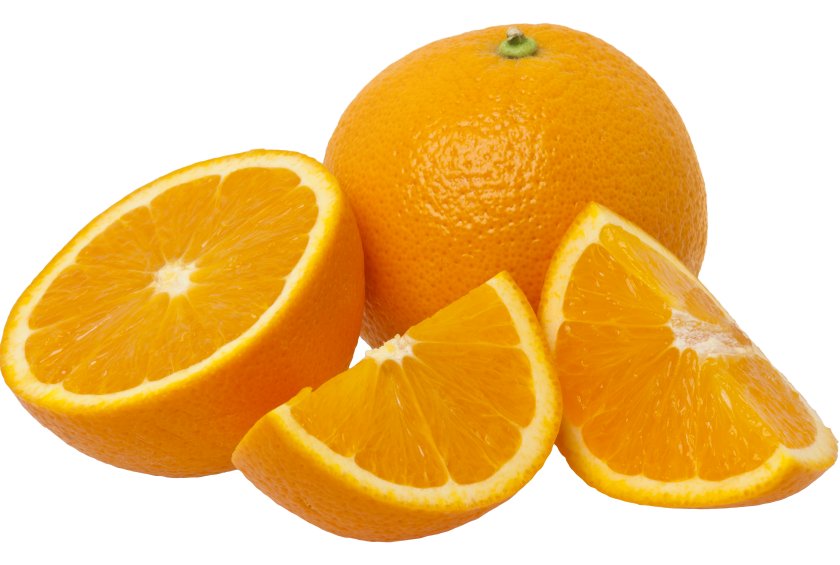-
Tips for becoming a good boxer - November 6, 2020
-
7 expert tips for making your hens night a memorable one - November 6, 2020
-
5 reasons to host your Christmas party on a cruise boat - November 6, 2020
-
What to do when you’re charged with a crime - November 6, 2020
-
Should you get one or multiple dogs? Here’s all you need to know - November 3, 2020
-
A Guide: How to Build Your Very Own Magic Mirror - February 14, 2019
-
Our Top Inspirational Baseball Stars - November 24, 2018
-
Five Tech Tools That Will Help You Turn Your Blog into a Business - November 24, 2018
-
How to Indulge on Vacation without Expanding Your Waist - November 9, 2018
-
5 Strategies for Businesses to Appeal to Today’s Increasingly Mobile-Crazed Customers - November 9, 2018
Could eating fruit and vegetables help SLASH the risk of cataracts?
The vitamin C strength as an antioxidant may be the key factor when it comes to reducing the risk of cataract progression in people, according to Dr. Hammond. New research reveals that loading up on vitamin C-rich foods can significantly reduce the risk of cataracts, the most common cause of blindness worldwide.
Advertisement
“The most important finding was that vitamin C intake from food seemed to protect against cataract progression”, said study author Christopher Hammond, M.D., FRCOphth, professor of ophthalmology at King’s College London.
Cataracts occur naturally with age and cloud the eye’s lens, turning it opaque.
Cataracts involve a clouding of the lens.
A follow-up measurement on 324 pairs of the twins was carried out about 10 years later.
He commented: “The findings of this study could have significant impact, particularly for the ageing population globally, by suggesting that simple dietary changes such as increased intake of fruit and vegetables as part of a healthier diet could help protect them from cataracts”. Yet, ascorbic acid which is the ingredient of vitamin C could help fight off cataracts as well.
The research paper published in the journal Ophthalmology has only shown association and has not proved a cause and effect relationship.
All in all, genetics are not everything and if you keep in mind that a balanced diet consisting of all nutrients we need as well as a generally healthy lifestyle can actually help us be healthy for a longer time, we could avoid developing many conditions.
For the study conducted by the King’s College London from more than 1,000 female twin pairs, the researchers monitored the nutrient intake including vitamin C of participants through questionnaires. Environmental factors, such as diet, accounted for 65 percent.
Maybe they should call it Vitamin See.
“Genetic factors explained 35% of the variation in progression of nuclear cataract over a 10-year period”, the team concluded.
Cataracts develop as we get old and affect our eyes in the way that they make the eye’s lens unclear, somewhat foggy. Baseline measurements showed a 20 percent cataract reduction risk with a diet rich in vitamin C. Ten years later that figure had increased to 33 percent for the women who reported consuming more vitamin C-rich foods.
Eating plenty of fruit and vegetables can slash the risk of cataracts by up to a third, say scientists.
The researchers believe that a diet rich in vitamin C can boost the amount of the vitamin in the eye fluid and delay the disease.
Advertisement
Foods rich in the nutrient include oranges, red and green peppers, strawberries, broccoli, and potatoes.





























